In movies, death is usually portrayed as a dramatic moment in which the dying person delivers an emotional monologue, gives a life lesson to his children, or reveals a secret. But in real life, death isn’t as idyllic. In real life, people don’t even know what could end up being their “last words.” People don’t know when they’re going to die. Death just arrives spontaneously. In a recent episode of Rob Moore’s podcast “Disruptors,” hospice nurse Julie McFadden revealed the common “last words” that most people say on their deathbed.
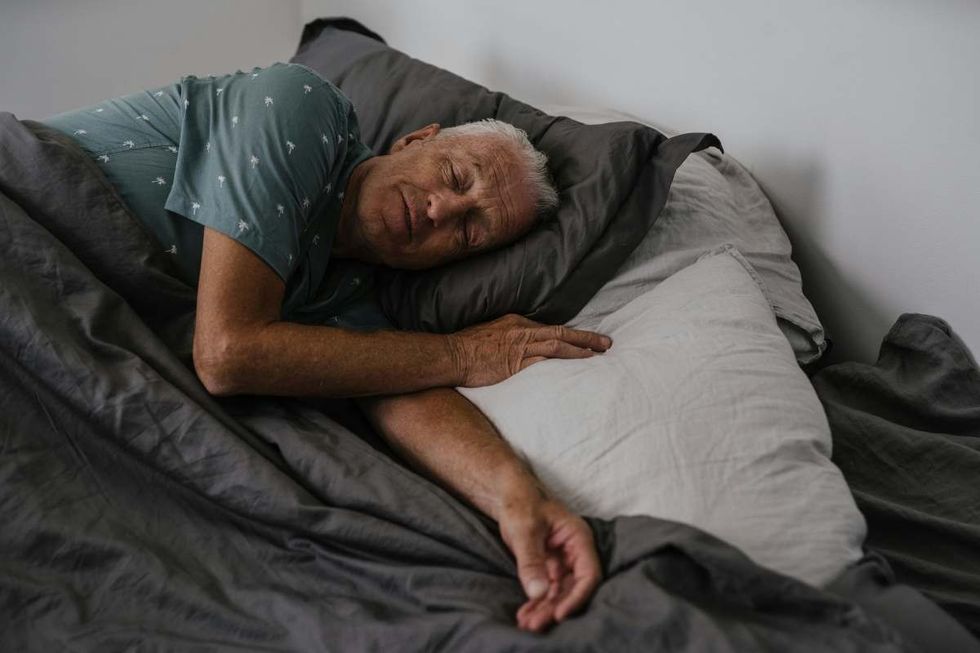
Julie is a Bachelor of Science in Nursing (BSN) and Registered Nurse (RN) with over a decade of experience working with dying patients. According to the podcast, she has helped more than 300 people achieve a restful death. Julie is also a New York Times best-selling author of the book “Nothing to Fear.” She specializes in end-of-life care and uses her platforms to "remove the stigma around death." Her social media channels feature numerous videos offering deathbed advice, sharing experiences of dying people, and lessons learned from their final moments.
From someone who has seen hundreds of people take their last breaths, the one thing that most people say on their deathbed is, “I wish I didn’t work my life away. I wish I didn’t wait until retirement to do the things I wanted to do,” Julie revealed in the video. Apart from this, Julie has seen many people say, “I wish I would have appreciated my health.” “The biggest thing I hear from people who are dying is that they wish they would have appreciated how well they felt before,” she said.
Continuing, Julie talked about her daily habit of making a nightly “gratitude list,” a lesson she learned from seeing her dying patients. Witnessing death head-on, she learned to be grateful for little things, something that dying people say they should have appreciated earlier in their lives.
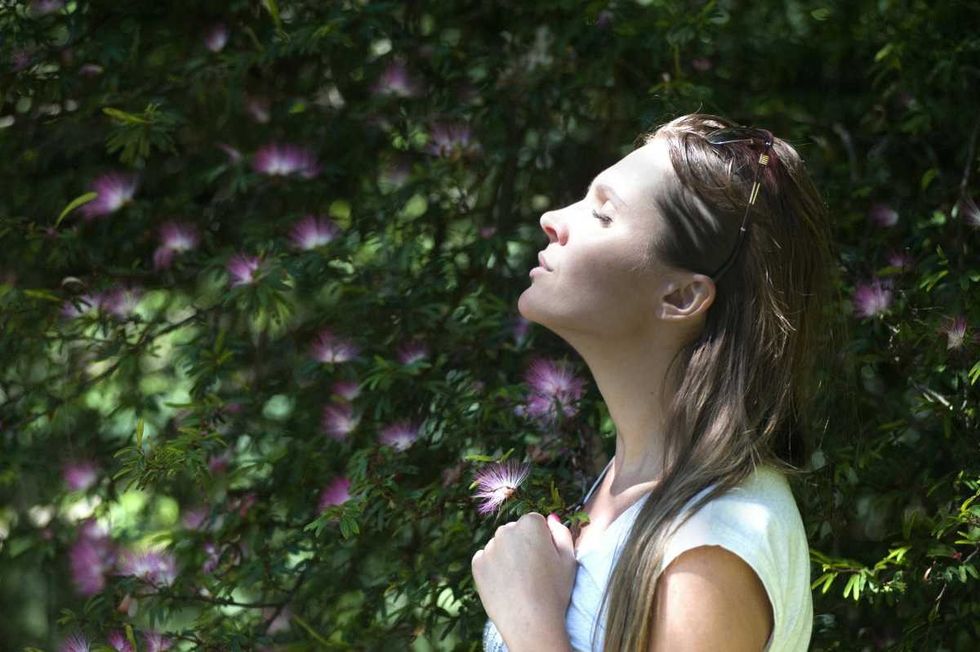
She reflected that people usually take simple things for granted. At the same time, Julie said that human bodies are biologically built to die. So, acceptance is a huge factor for people to die peacefully.
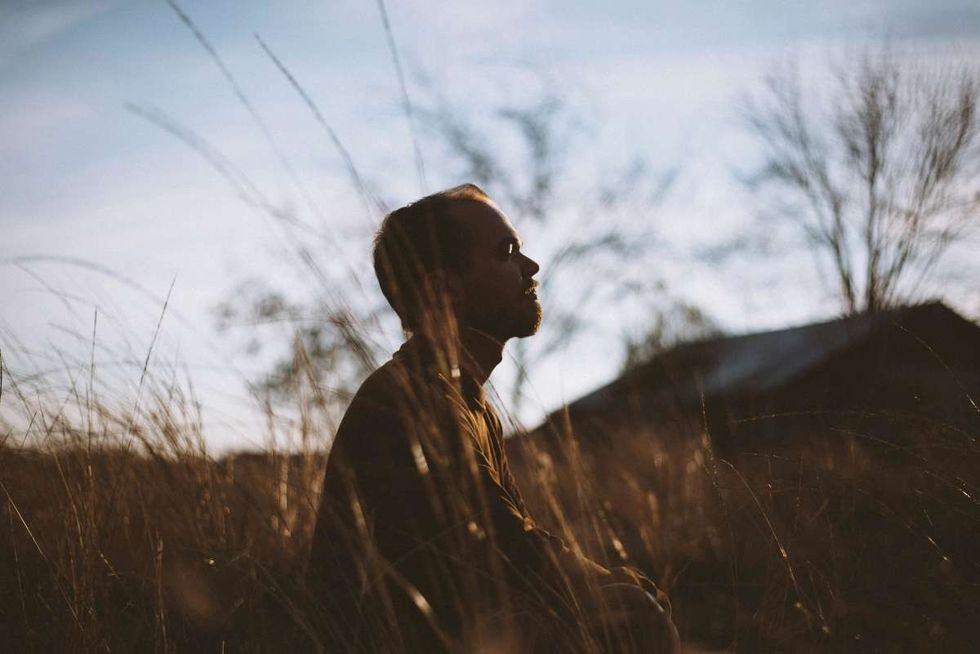
Other statements that many people make when dying include “I wish I didn’t work so much,” “I wish I didn’t wait till I was retired to go on that vacation,” “I wish I said what I needed to say,” “I wish I’d have lived how I truly wanted to live,” and more likewise.
When asked about the last wish of dying people, Julie said their first thoughts are about the people they’re leaving behind. Dying people think, “I wish that they’re going to be okay. It's usually about loving connection.” During these moments, she said, she gets to witness a lot of love, “real-time love in action. It's really a beautiful thing.” But even for people dying alone, not surrounded by friends or family, they too can have very beautiful deaths. “Like I had a woman once, who was very old, 101 or something,” Julie recalled, “Everyone she knew had died. She was alone. And she never got married. She never had kids. So she essentially died alone with her caregiver who she paid to be there. But she died very peacefully. She had a full life. To me, that didn’t seem sad either.”
Julie further shared that people who maintain flexibility, who surrender, and who don’t have a hard time asking for help have more chances of dying peacefully than those who try to control too much. When asked about the importance of money in life, Julie said, although money doesn’t really make one happy, it is necessary, “It helps to have money to die well. In America, you can’t get hospitals for free.”
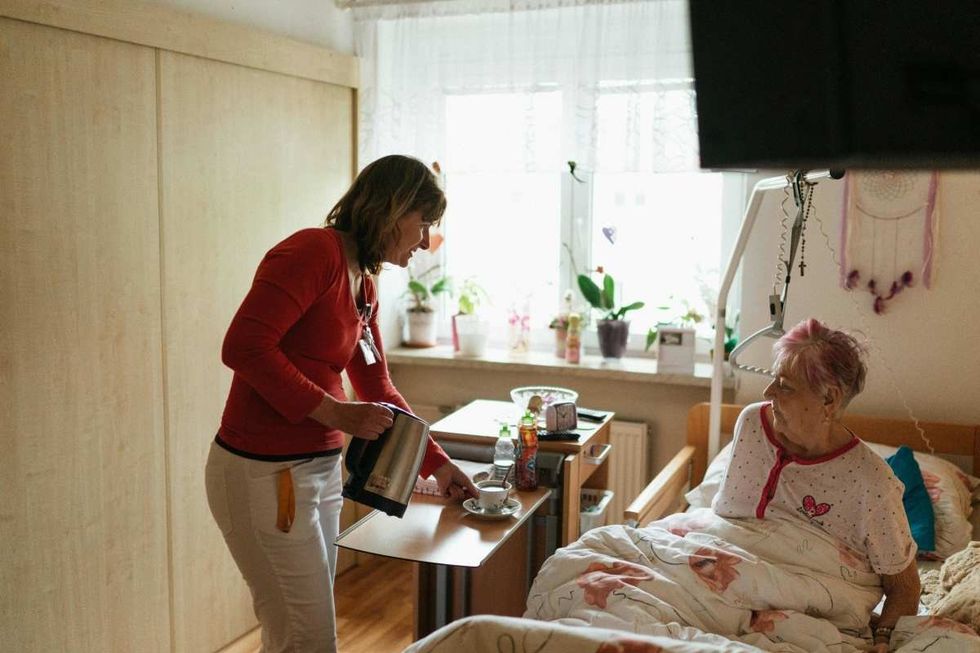
Another tip the nurse learned from seeing people die is to live life in the present moment. "We’re dying but we’re not dead yet,” said Julie, adding, “Be present with your life as it is right now because it is likely to come to an end, whether you kick or scream or not." So, "be present" and be grateful about today.
This article originally appeared last year.




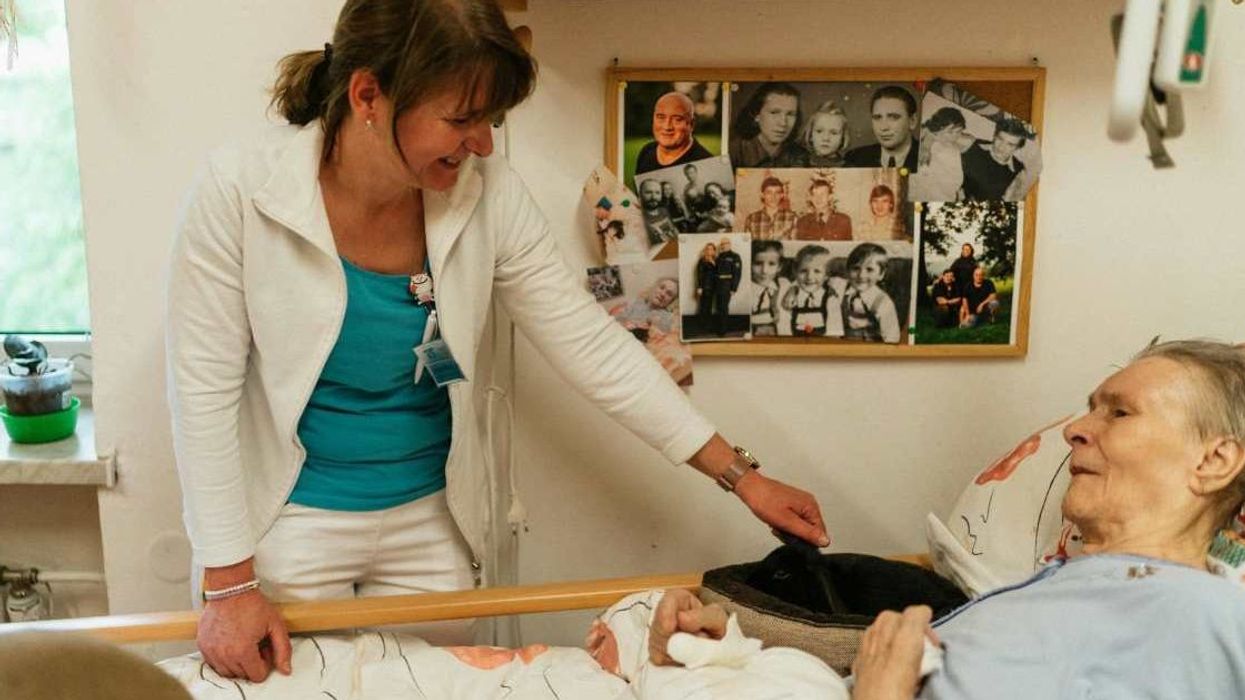















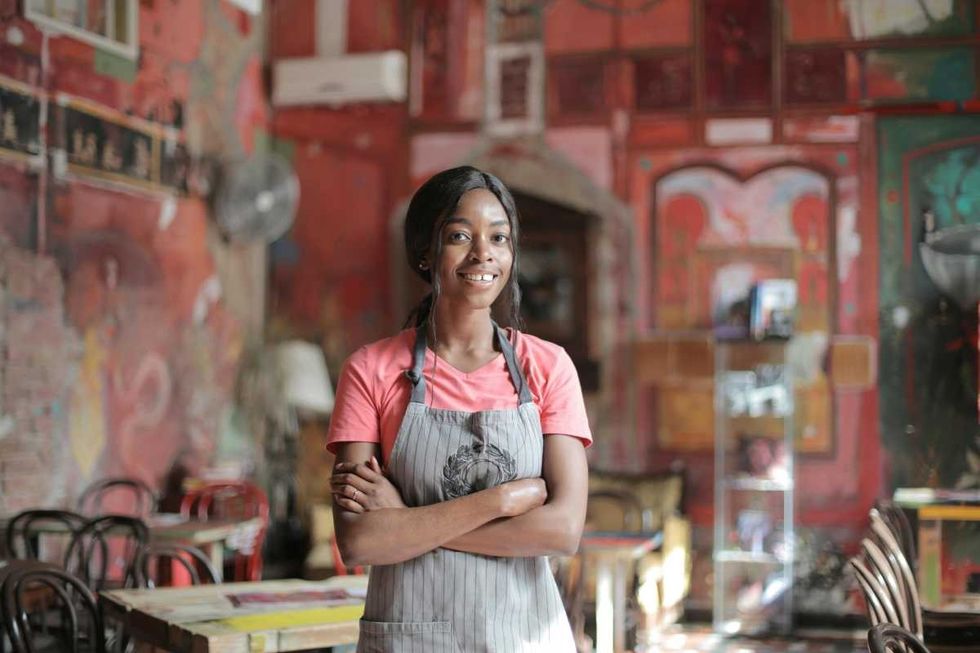 Representative Image Source: Pexels | Olly
Representative Image Source: Pexels | Olly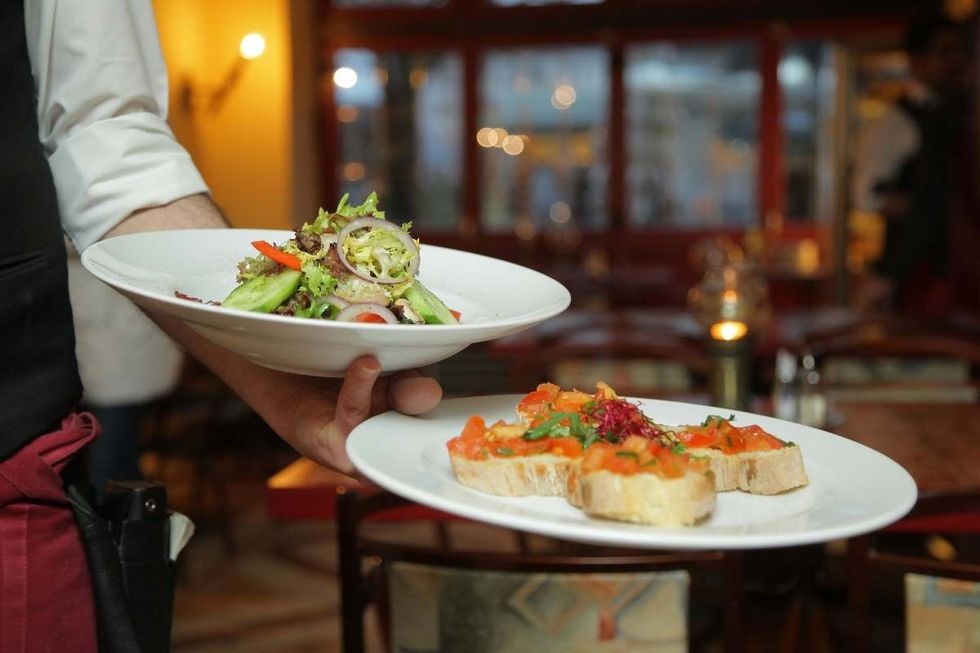 Representative Image Source: Pexels | Pixabay
Representative Image Source: Pexels | Pixabay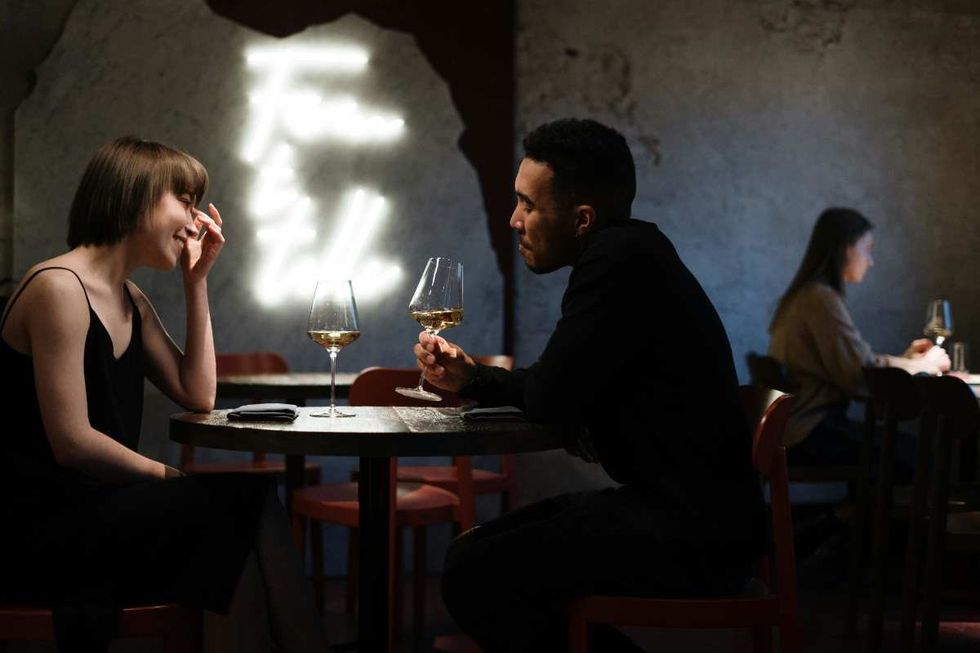 Representative Image Source: Pexels | Cottonbro
Representative Image Source: Pexels | Cottonbro Representative Image Source: Pexels | Cottonbro
Representative Image Source: Pexels | Cottonbro Representative Image Source: Pexels | Karolina Grabowska
Representative Image Source: Pexels | Karolina Grabowska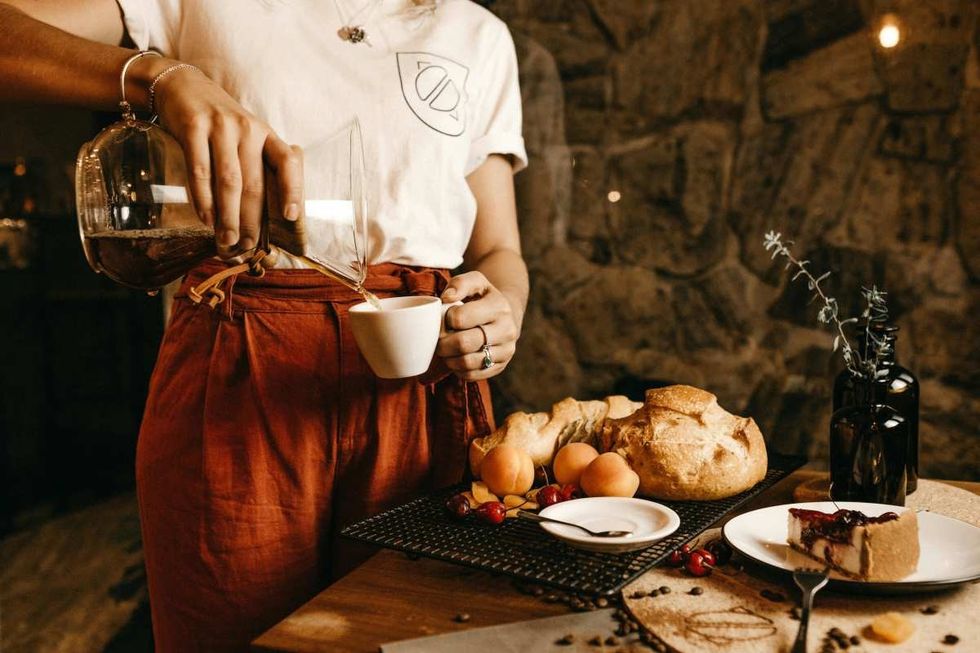 Representative Image Source: Pexels | Jonathan Borba
Representative Image Source: Pexels | Jonathan Borba Image Source: Reddit |
Image Source: Reddit |  Image Source: Reddit |
Image Source: Reddit |  Image Source: Reddit |
Image Source: Reddit | 
 Representative Image Source: Pexels | Pixabay
Representative Image Source: Pexels | Pixabay Representative Image Source: Pexels | Pixabay
Representative Image Source: Pexels | Pixabay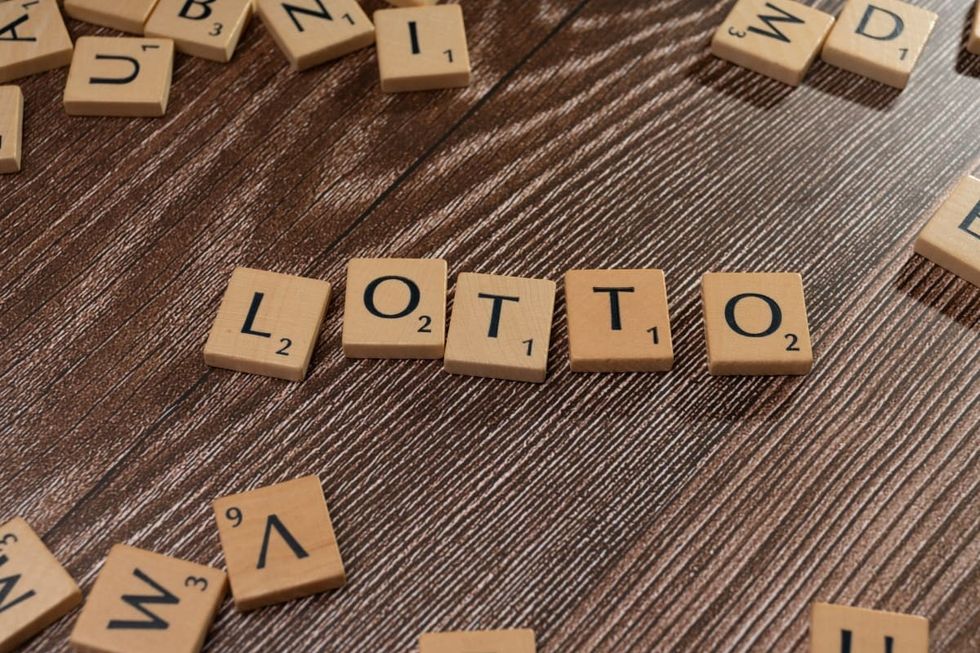 Representative Image Source: Pexels | markus winkler
Representative Image Source: Pexels | markus winkler
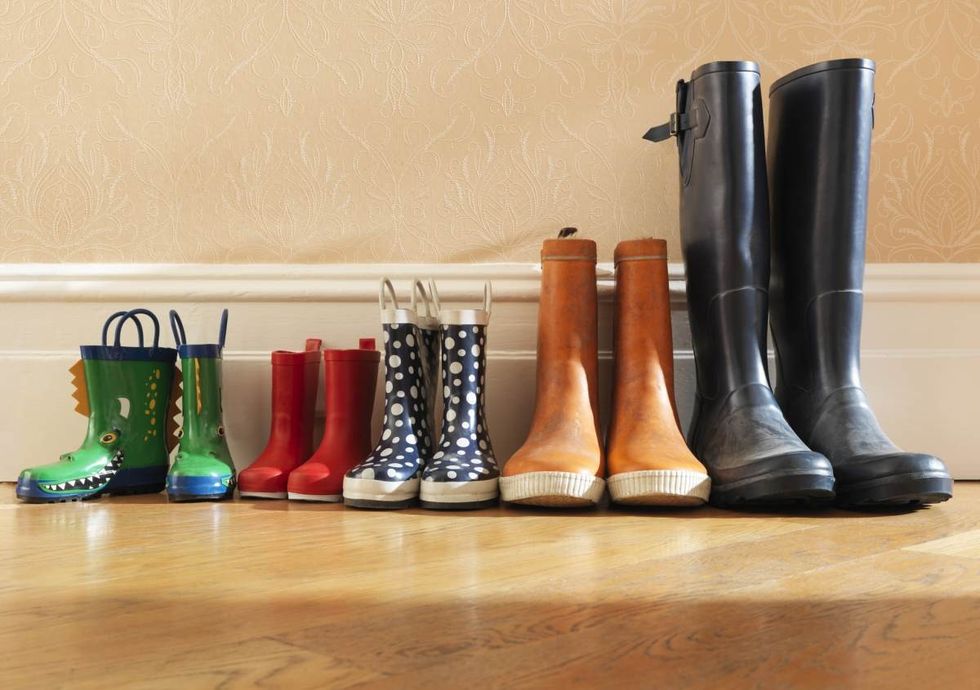 Representative Image Source: Wellington boots in a row in hallway (Getty Images)
Representative Image Source: Wellington boots in a row in hallway (Getty Images)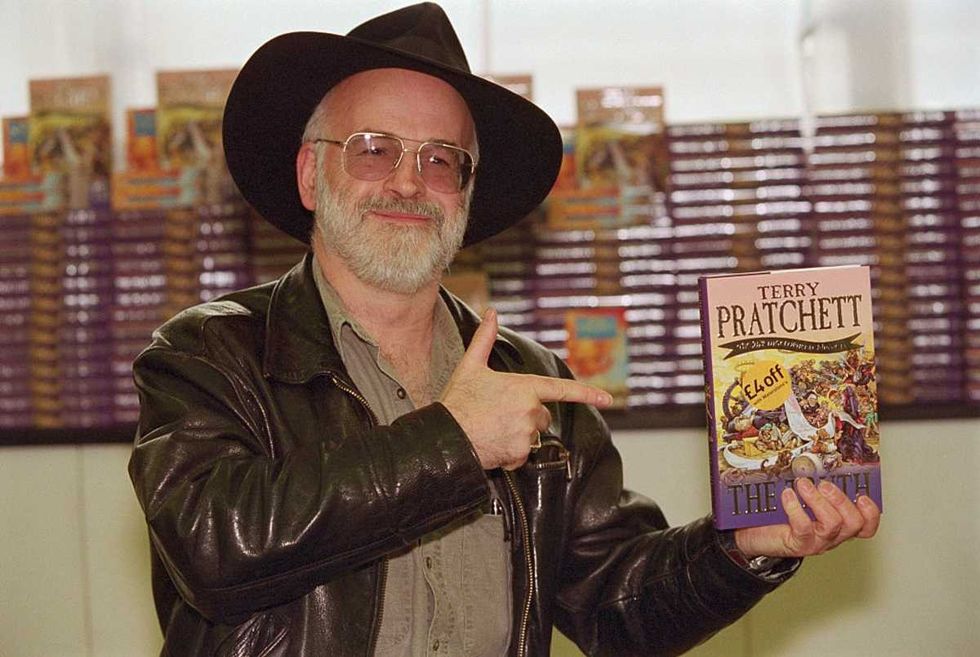 Image Source: Writer Terry Pratchett Pointing to His Book (Photo by Rune Hellestad/CORBIS/Corbis via Getty Images)
Image Source: Writer Terry Pratchett Pointing to His Book (Photo by Rune Hellestad/CORBIS/Corbis via Getty Images)
 Representative Image Source: Pexels| RDNE Stock Project
Representative Image Source: Pexels| RDNE Stock Project Representative Image Source: Pexels| Satoshi Hirayama
Representative Image Source: Pexels| Satoshi Hirayama Image Source: TikTok|
Image Source: TikTok| Image Source: TikTok|
Image Source: TikTok|
 Representative Image Source: Pexels | Max Fischer
Representative Image Source: Pexels | Max Fischer Image Source: TikTok |
Image Source: TikTok |  Image Source: TikTok |
Image Source: TikTok |  Image Source: TikTok |
Image Source: TikTok | 
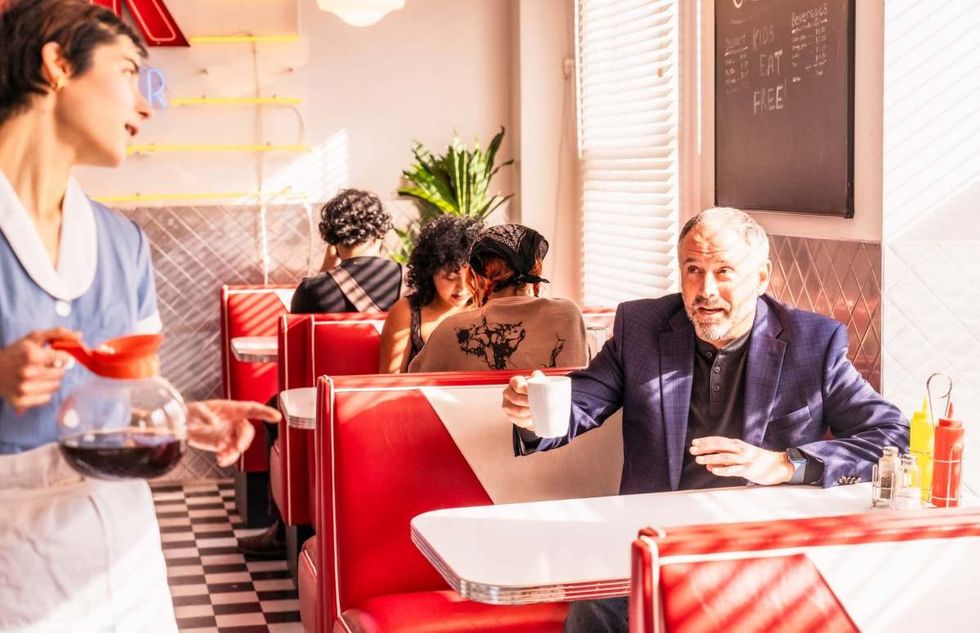 Representative Image Source: Getty Images | George Clerk
Representative Image Source: Getty Images | George Clerk